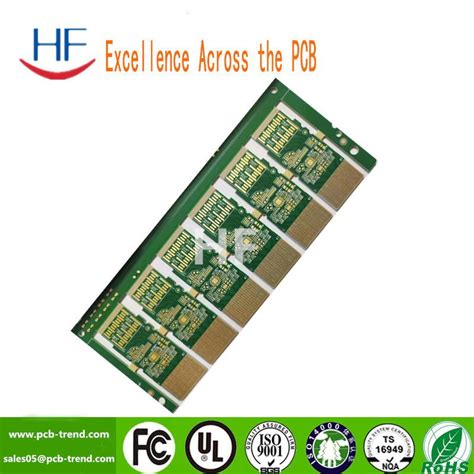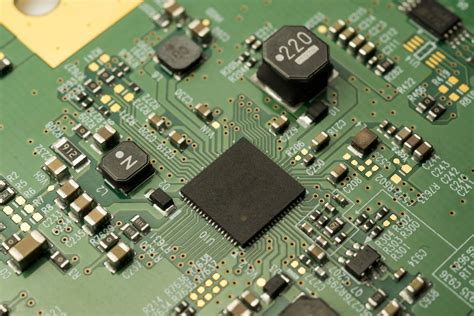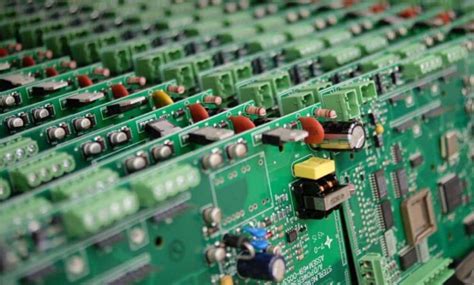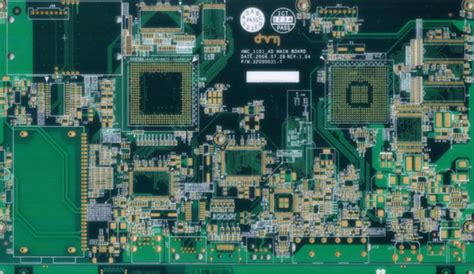Choosing the Right PCB Board Supplier for Your Needs
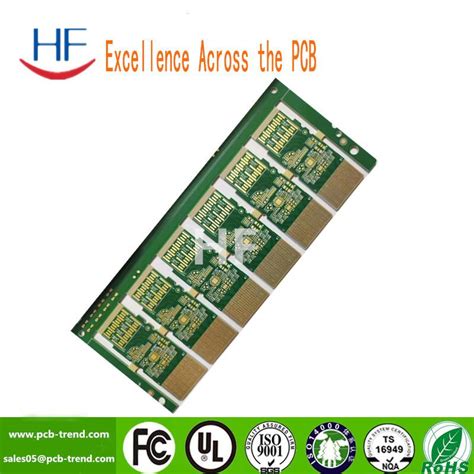
Key Takeaways
When selecting a PCB board supplier, there are several important considerations to keep in mind that can significantly impact the success of your projects. First and foremost, understanding the various types of PCB manufacturing processes and their applications will help you choose a supplier that meets your specific needs. Different pcb manufacturing companies offer varying levels of quality, so it’s crucial to evaluate their track records carefully. Look for suppliers who emphasize rigorous quality assurance processes to ensure that the boards produced will perform reliably in your applications.
Pricing is another vital factor, as pcb manufacturing cost can vary widely among suppliers. Be sure to compare pricing models, considering not only the upfront costs but also any additional fees that may arise during production or shipping. This way, you can gauge the overall affordability without compromising on quality.
Timeliness is equally critical in the pcb manufacturing business; delays can derail project timelines, leading to increased costs and lost opportunities. Evaluate lead times offered by potential suppliers and ensure they align with your project schedules.
Finally, never underestimate the importance of customer support. An effective PCB board supplier should provide responsive service and clear communication throughout the process. Keep in mind that positive feedback from previous clients is often a reliable indicator of a supplier’s reputation in handling customer inquiries.
“Selecting the right supplier isn’t just about finding the lowest price; it’s about building a partnership that ensures quality and reliability for your projects.”
By closely examining these factors—quality, pricing, lead time, and customer support—you will be better equipped to make an informed decision that aligns with your needs for PCB boards.
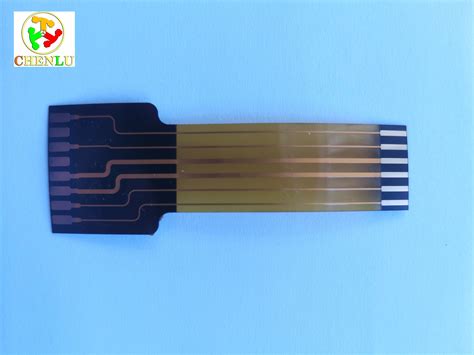
Understanding PCB Boards: Types and Applications
When diving into the world of PCB boards, it’s crucial to grasp the various types and their applications, as this knowledge significantly influences your decision-making process when selecting a supplier. PCBs, or Printed Circuit Boards, can be classified into several categories based on their structure and functionality. For instance, single-sided PCBs have conductive paths on one side only, making them ideal for simple applications such as household appliances. In contrast, double-sided PCBs feature conductive layers on both sides, suitable for more complex devices that require higher functionality.
As you explore PCB manufacturing, you’ll encounter multilayer PCBs, which are essential for advanced electronics like smartphones and tablets. Their multilayer design allows for compact assembly while accommodating a greater number of components, which can dramatically enhance device performance. You should also consider flexible PCBs, known for their durability and lightweight characteristics, which make them perfect for applications in wearables and flexible electronics.
Understanding these types enables you to identify what your specific project requires. When evaluating various pcb manufacturing companies, keep in mind how each type aligns with your needs regarding specifications, performance metrics, and longevity. Moreover, the choice of materials used in PCB manufacturing impacts both functionality and cost—two critical factors when determining the overall pcb manufacturing cost.
As you assess potential suppliers, inquire about their experience with different types of PCB boards to ensure they can meet your project requirements effectively. Their expertise will play a significant role in not only the quality of the product but also in maintaining efficiency throughout your pcb manufacturing business.
| PCB Type | Typical Applications | Advantages |
|---|---|---|
| Single-sided | Household appliances | Cost-effective for simple designs |
| Double-sided | Consumer electronics | Increased component density |
| Multilayer | High-tech devices | Compact design with enhanced performance |
| Flexible | Wearable tech | Lightweight and adaptable |
Understanding these connections between PCB types and their applications will assist you in making informed decisions when choosing a reliable supplier that aligns with your project goals.
Evaluating Supplier Quality: Key Considerations
When it comes to choosing a PCB board supplier, evaluating their quality is paramount to ensuring the success of your project. Start by examining the PCB manufacturing processes they employ. Companies that prioritize rigorous quality control often showcase certifications such as ISO 9001, which demonstrates their commitment to maintaining high standards in their production line. Consider the types of materials used in their PCB manufacturing as well; high-quality raw materials directly influence the reliability and longevity of your printed circuit boards.
Additionally, technological advancements in pcb manufacturing companies play a significant role in product quality. Research whether potential suppliers invest in up-to-date equipment and techniques that enhance precision and efficiency. A supplier adept in the latest innovations can often handle complex designs that older technologies may struggle with.
You should also assess how well prospective suppliers communicate their quality assurance processes and whether they provide documentation, such as test reports or samples, that corroborate their claims. This transparency can help determine if they truly align with your needs and expectations regarding cost-effectiveness and efficiency in terms of pcb manufacturing cost.
Lastly, don’t overlook the importance of customer feedback and supplier reputation within your industry. Peer recommendations can be invaluable when evaluating the reliability of pcb manufacturing businesses, offering insights you may not find through standard research. By diligently assessing these key considerations, you can navigate towards selecting a supplier that not only meets your specifications but also fosters long-term success for your projects. For further details on PCB solutions, you may explore options available at Andwin PCB.
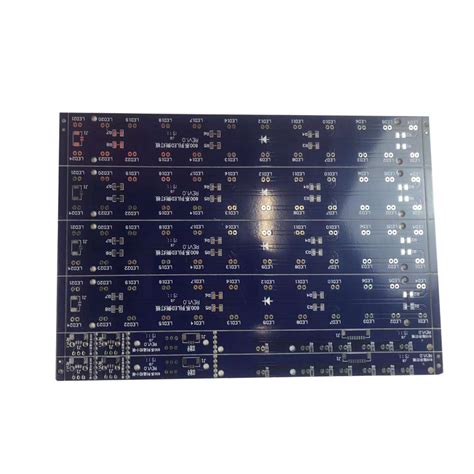
Comparing Pricing Models: What to Look For
When selecting a PCB board supplier, understanding the various pricing models available is crucial to ensuring you find a manufacturer that meets your financial and project requirements. Different pcb manufacturing companies may offer various cost structures, and recognizing what these mean for your project can save you money in the long run. For instance, some suppliers might offer a lower base price but with higher costs for additional services, such as expedited shipping or additional layers in the pcb manufacturing process. It’s essential to ask for a detailed breakdown of the pcb manufacturing cost, which should include not only the per-unit price but also any hidden fees related to design adjustments or materials used. Additionally, it’s smart to inquire about minimum order quantities, as they can significantly impact your overall budget if you’re working on small-scale projects. Weighing these factors against the quality assurance and support services offered by each supplier helps you find a balance between affordability and value in your pcb manufacturing business decisions. Ultimately, being vigilant about pricing models ensures that you secure a partnership that aligns with both your financial strategy and project needs.
Lead Time Matters: Timing Your PCB Orders
When selecting a pcb board supplier, understanding lead time is crucial for the success of your project. The pcb manufacturing process can vary significantly among different pcb manufacturing companies, and this variation can ultimately affect your delivery schedule. Timely delivery ensures that you can proceed with production without unnecessary delays, which is vital if you have strict deadlines. To make an informed decision, it’s important to ask potential suppliers about their typical pcb manufacturing cost relative to their lead times. Some may offer lower prices but extend waiting periods, while others might prioritize speed at a higher cost. As you assess your options, consider not just the immediate price but how lead time integrates with your overall pcb manufacturing business strategy. Delays in receiving components can lead to larger project delays, impacting costs and scheduling across the board, so it’s wiser to factor in both speed and reliability when evaluating potential partners in the supply chain. Thus, ensuring that lead times align with your project milestones not only aids in accountability but also contributes significantly to your project’s success.
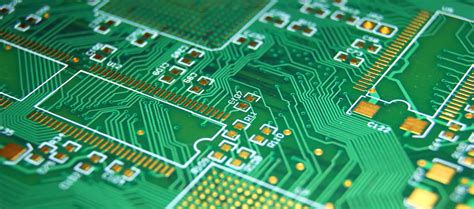
The Importance of Customer Support in PCB Supply
When choosing a PCB board supplier, one factor that often gets overlooked is the quality of their customer support. In the fast-paced world of PCB manufacturing, where timelines can be tight and specifications critical, having a responsive and knowledgeable support team can make all the difference. A reliable supplier will not only assist you in navigating the complexities of PCB manufacturing but will also provide guidance on various aspects such as pcb manufacturing cost and suitable material choices. It’s essential to evaluate how quickly your chosen supplier responds to inquiries and how effectively they handle issues as they arise during the production process.
Furthermore, consider whether they offer dedicated support throughout your project lifecycle—right from initial consultations through to post-production support. Good customer service can significantly reduce potential delays, ensuring that your pcb manufacturing business runs smoothly, enabling you to meet important deadlines without compromising on quality. Additionally, solid communication enhances collaboration and trust between you and your pcb manufacturing companies, providing peace of mind that your needs are being prioritized. Ultimately, investing time in assessing a supplier’s customer support capabilities will pay off in delivering products that align perfectly with your project requirements.
Assessing Supplier Reputation: Reviews and Recommendations
When selecting a PCB board supplier, understanding their reputation is crucial. Start by researching customer reviews and recommendations; these resources can offer valuable insights into the supplier’s reliability and overall performance. Look for feedback regarding their pcb manufacturing processes, as this will give you a clearer picture of the quality of the products they deliver. Additionally, consider engaging with industry forums and communities where you can uncover personal experiences shared by others. A reputable supplier typically has a track record of fulfilling orders on time while providing consistent quality. Explore testimonials that highlight aspects such as response times, problem resolution, and the overall buying experience with various pcb manufacturing companies.
Do not hesitate to ask for references from potential suppliers; this step can further validate their credibility in the pcb manufacturing business sphere. If a company hesitates to provide references or has numerous negative reviews, it might be time to look elsewhere. Moreover, a supplier that actively engages with its customers shows commitment to outstanding customer service, which is paramount in any partnership. In contrast, one that avoids addressing complaints could signal underlying issues in their operational capabilities or willingness to stand behind their products, ultimately affecting your pcb manufacturing cost. By assessing these factors diligently, you are more likely to find a PCB board supplier who will meet your specific project requirements effectively.
Navigating Contracts and Terms with PCB Suppliers
When entering into an agreement with PCB suppliers, it’s crucial to thoroughly understand the contracts and terms laid out in the agreement. The emphasis here is on clarity and mutual understanding to ensure that all parties are on the same page regarding expectations. Start by reviewing the pcb manufacturing specifications outlined in the contract. This includes defining the type of materials used, pcb manufacturing companies involved, and production timelines that align with your project needs. Additionally, pay close attention to the pcb manufacturing cost, ensuring it is transparent and broken down into components such as materials, assembly, and shipping. It’s wise to discuss payment terms upfront to avoid surprises later on; some suppliers may require deposits or have specific milestones for payment based on production progress. Be cautious of clauses related to penalties for late delivery or defects; these can significantly affect your overall project outcome and costs. By approaching these contracts with a critical eye, you can safeguard your interests while fostering a positive relationship with your pcb manufacturing business partner that will serve you well throughout your project lifecycle. Remember that open communication about contract terms can pave the way for more flexible adjustments should any unforeseen challenges arise during production.
Building Long-term Relationships with Your PCB Supplier
Establishing a lasting partnership with your pcb board supplier is vital for the success of your projects. A strong relationship can help streamline communication, improve pcb manufacturing efficiency, and optimize both costs and lead times. When you engage with pcb manufacturing companies, focus on open dialogue about your project needs and expectations. Transparency in discussions about pcb manufacturing cost can prevent misunderstandings down the line and ensure that both parties are aligned in terms of deliverables and timelines. Recognizing the nuances of your pcb manufacturing business can also allow you to negotiate better terms that cater to your specific requirements. Building trust through mutual respect will not only enhance product quality but also foster a collaborative environment where both you and your supplier can grow together. Ultimately, nurturing these relationships can lead to increased reliability, quicker response times, and innovative solutions that support your ongoing projects.
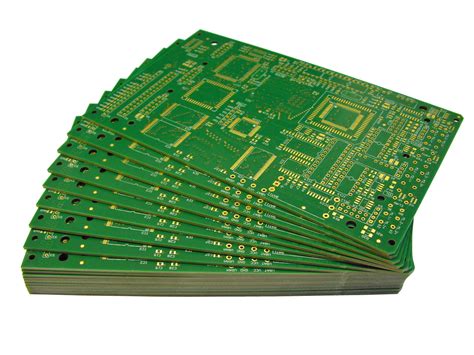
Conclusion
In your quest to find the right PCB board supplier, it’s crucial to synthesize all the insights gathered throughout this article. Remember, the foundation of a successful partnership lies in understanding the complexities of PCB manufacturing and evaluating potential suppliers against your specific requirements. When you consider pcb manufacturing companies, look closely at their ability to provide quality products that align with your project needs. Assessing pcb manufacturing cost should also be a priority; you want to ensure that you receive excellent value without compromising quality. Moreover, keep an eye on lead times and how these can impact your project deadlines. In a fast-paced world, timely delivery can often make or break a project.
Don’t underestimate the importance of strong customer support either—your supplier should be responsive and willing to assist with inquiries or issues as they arise. Building a long-term relationship with your pcb manufacturing business can lead to better terms and more favorable rates over time, enabling you to maximize efficiency and reduce costs. By integrating these considerations into your supplier selection process, you’ll be well-positioned to choose a partner that not only meets but exceeds your expectations in PCB board supply.
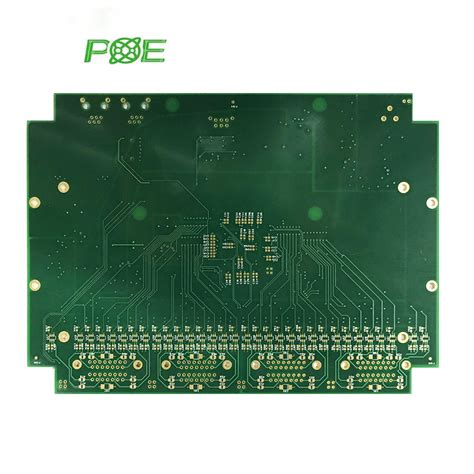
FAQs
What is the importance of selecting a reputable PCB board supplier?
Choosing a reputable supplier ensures that you receive high-quality products, essential for the success of your pcb manufacturing projects. A reliable partner can help you avoid costly mistakes and delays.
How can I evaluate the pcb manufacturing companies?
You should assess their experience, customer reviews, and previous work. Look for companies that have proven their capability in delivering exactly what your project requires while maintaining excellent customer service.
What factors influence pcb manufacturing cost?
Several factors come into play, including material quality, complexity of designs, quantity ordered, and lead time. Understanding these elements can help you gauge whether a supplier offers competitive pricing.
How do lead times affect my PCB projects?
Lead times are critical in timely project delivery. If a supplier offers longer lead times, it could jeopardize your production schedule. Always inquire about their current lead times to align with your needs.
How can I ensure strong customer support from my PCB supplier?
Inquire about the availability of support channels such as phone, email, and live chat. Responsive customer support indicates that your supplier values communication and is committed to assisting you throughout the pcb manufacturing business process.
For more information on selecting the best PCB board supplier that meets your unique needs, please visit this link.

